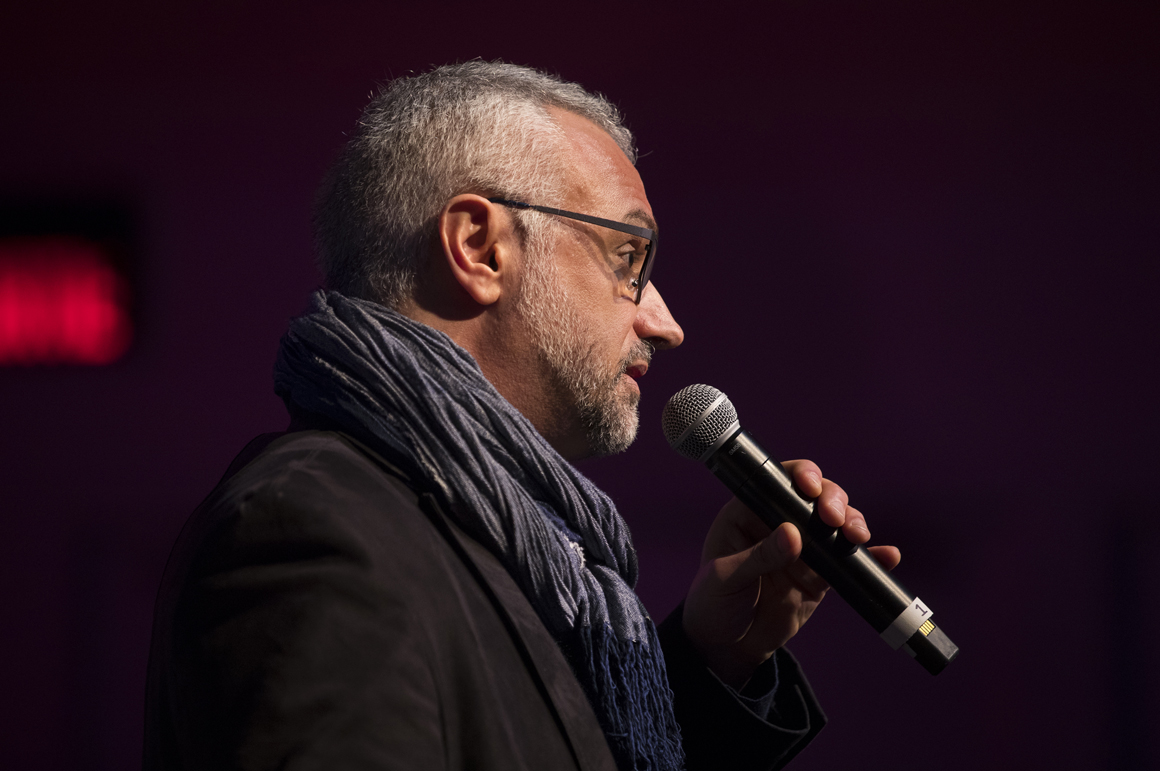

Artificial intelligence is regularly used in the video game industry. It has been for many years. In fact, artificial intelligence helps provide increasingly immersive experiences for the gamer and helps shape an adaptive and responsive ecosystem. An environment that is rich in high-quality data, so close to reality that it represents an opportunity for companies to test their own prototypes. During the Strategic Forum on Artificial Intelligence, which took place on January 15, Yves Jacquier, Executive Director of Ubisoft’s Production Studio Services and head of La Forge – a collaborative entity to accelerate R&D by bringing together specialists from the industry with experts from the academic sector – provided three insights to understand this opportunity for collaboration.
Video games: a way to simulate real life
Video games and artificial intelligence are natural allies. Even as far back as Pong (1972) and Pac-Man (1980), designers wanted to provide a system that interacted with the gamer[1]. For Yves Jacquier, games, and more specifically video games, have been a reference point in the history of AI development to compare the quality of decisions made by the program with decisions made by humans.
AI has changed tremendously since the 1970s. It is constantly evolving: in the video game industry, it has progressed from limited interactions, where game designers imagined a maximum of possible situations, to experiences that are much more immersive where every action made by the user alters the environment. Thanks to data collection (a practice that has been going on for 10 years at Ubisoft), video game companies are now able to design systems that adapt to the player and the virtual world’s ecosystem. They are now able to create simulations that are increasingly life-like. To such a degree that a paradigm has emerged: all these virtual worlds could serve as testing grounds for real-life applications, from all sorts of sectors such as the auto industry, health care, audio, physics… This is an immense opportunity for companies thanks to Ubisoft’s new R&D wing: La Forge.
La Forge or 1+1 = 3
“We realized there was a gap between the scientific and industrial sectors. One focuses its efforts on knowledge but doesn’t really test what comes from their findings. The other works hard to develop its products, without always creating prototypes.” As a result, there is a vacuum between theory and practice. A vacuum that Ubisoft wants to fill with their new prototyping space called La Forge. For the past year and a half, this new entity allows university researchers to work with Ubisoft teams to develop innovative concepts, while having access to practically every resource the entertainment giant has to offer: infrastructures, data, state-of-the-art tools, game engines, experts. For Mr. Jacquier, these two areas of expertise are powerful allies. It’s an opportunity for academics to work on projects that have nothing to do with video games. And it’s a way for universities to test new ideas or for industrial companies to quickly innovate at an affordable cost.
» Learn more about La Forge
How companies can benefit from this platform
Testing ideas to assess their viability is essential for companies and prototyping is the cornerstone of technological innovation. According to Ubisoft, video games can support companies in this process. For instance, for self-driving cars, a virtual test can lead to the development of algorithms to recognize road signs or to gauge the limits of the system by simulating incidents (traffic, accident…). Another example: thanks to AI, video games are able to simulate how a human walks. These results could be useful for a company that wants to design leg prostheses. The company could use the system to test their models and design their final product. The possibilities are endless, explains Mr. Jacquier… as long as three key factors are in play: video games, AI, and the knowledge and skills of industry experts.
The head of La Forge is calling for collaboration and wants to highlight the importance of new AI technologies for the video game industry by inciting AI specialists to view this sector in a new way. Finally, he believes companies should take advantage of Montreal’s pool of resources and expertise in this domain for the research and development of their new products and services.
[1] E3: Ubisoft Montréal met le paquet pour ses 20 ans, Denis Lalonde, Les Affaires, 15 june, 2017.